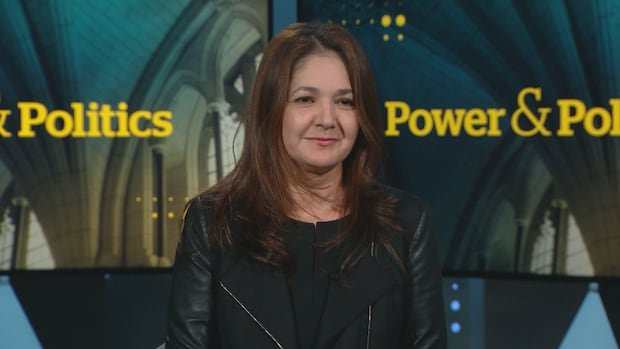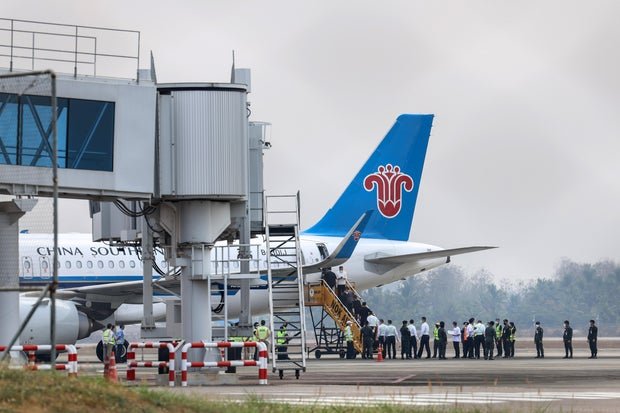
China is reportedly offering a solution to every AI company’s biggest problem – soaring energy bills. The country’s government is reportedly increasing financial incentives for data centres, offering tech companies subsidies that cut their energy bills by up to half. The move is a direct effort to boost China’s homegrown semiconductor industry and sustain its push to compete with the US in the global AI race. The ask? To qualify for the substantial energy savings, data centres must be powered by domestic chips – which in a way is penalising continued reliance on foreign vendors like Nvidia.Citing people familiar with the matter, a report by The Financial Times says that this new wave of subsidies comes in response to complaints from major Chinese tech giants, including ByteDance, Alibaba, and Tencent. These companies reported soaring electricity costs following the US export controls, which restricted the purchase of high-performance AI chips from Nvidia.The tech companies complained to regulators about the increased operational costs associated with using domestic semiconductors from companies such as Huawei and Cambricon. The core issue is energy efficiency.Experts estimate that generating the same amount of tokens (units of compute power) from the current generation of Chinese chips requires about 30-50% more electricity than the equivalent Nvidia H20 chip.Huawei, China’s leading chipmaker, has attempted to overcome the weaker single-chip performance of its flagship Ascend 910C by clustering multiple chips together. While this boosts performance, it further adds to the overall operating electricity costs for data centres.
China’s subsidy solution and domestic chip mandate
Local governments in data centre-heavy provinces like Gansu, Guizhou, and Inner Mongolia have quickly responded to the tech sector’s cost concerns. These provinces are offering new subsidies that slash electricity bills for big data centres by as much as 50%, the report said.However, the entitlement is strictly conditional: only data centres running on domestic chips are eligible. Data centers using foreign vendors like Nvidia will not receive these benefits.Last month, Nvidia CEO Jensen Huang praised China’s semiconductor technology, saying that it is approaching the level of US chips, with China just “nanoseconds behind” the country in chipmaking.Recently, He praised Huawei’s technical prowess, noting their dominance in 5G technology and their ability to build “amazing chips”.“It is foolish to underestimate the might of China and the incredible, competitive spirit of Huawei,” Huang said. “This is a company with extraordinary technology. They dominate the world’s 5G telecommunication standards and technology. They build amazing smartphones, they build amazing chips, they’re incredible at networking and so when they announced CloudMatrix, I was not surprised that they were able to create such an amazing thing,” Huang added.“It’s deeply uninformed to think that Huawei can’t build systems,” Huang concluded.



